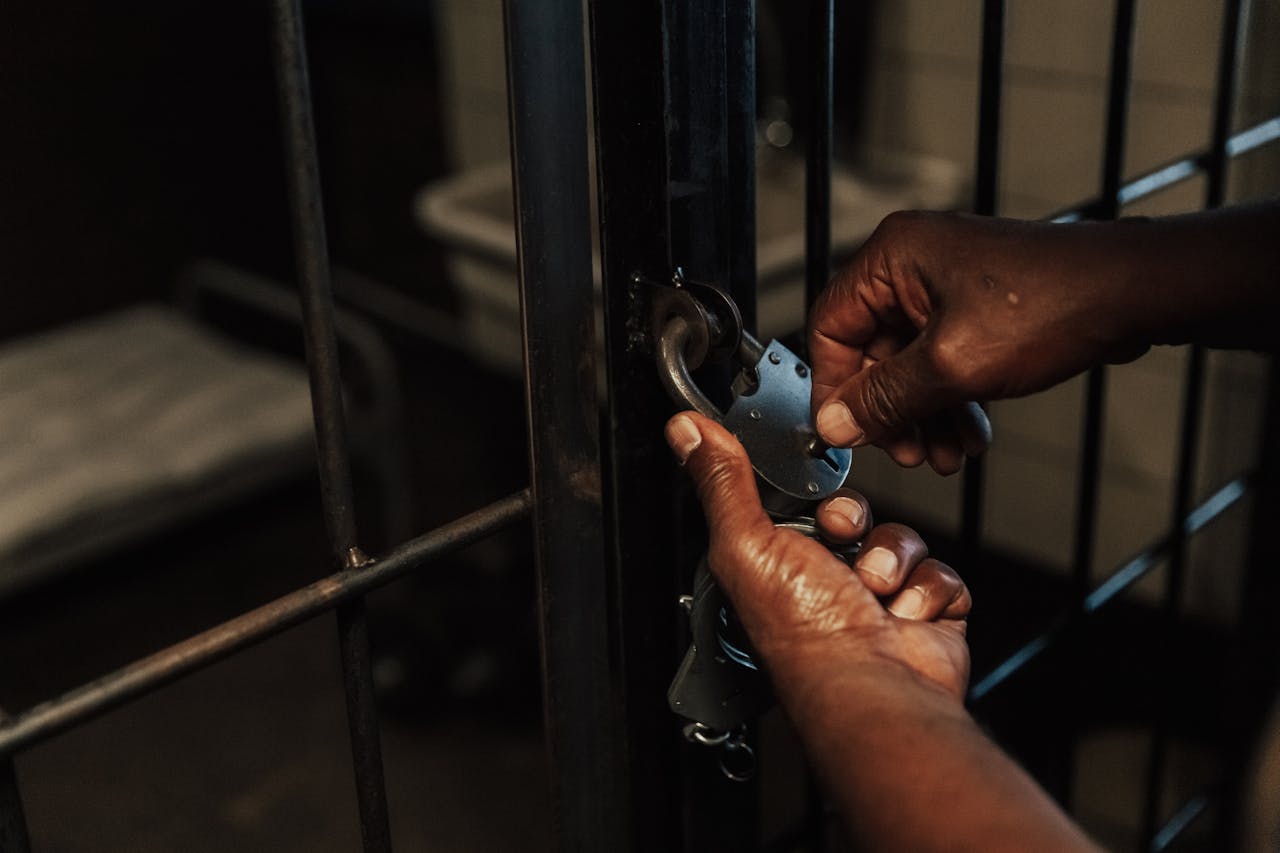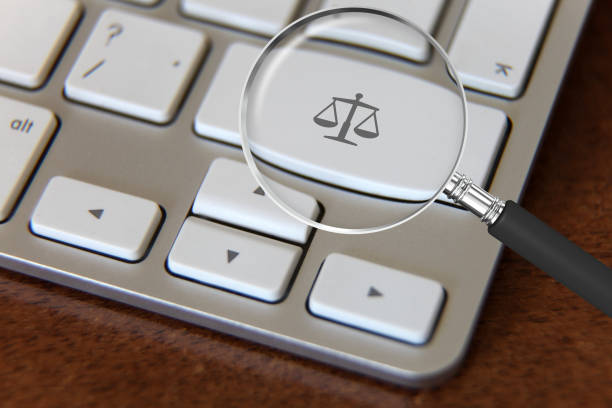Arrest and Detention Difference
Arrest and Detention Difference
In today’s digital world, the ancient science of Vedic astrology meets technology through tools like online marriage astrology calculators, offering clarity and cosmic predictions with just your date, time, and place of birth. But the real depth of prediction lies far beyond a calculator’s numerical result — it’s in the hands of a skilled astrologer who interprets your chart with intuition, scriptural wisdom, and cosmic observation. That’s where Nayku’s astrology services shine — providing precise, confidential, and personalized online marriage prediction sessions rooted in Vedic knowledge yet adapted for the modern digital seeker. This is not just about “when,” but why and how your marriage will unfold the way it does. Let’s uncover that cosmic mystery step by step.
Understanding the difference between arrest and detention is crucial for anyone dealing with the criminal justice system. These terms may sound similar, but legally they carry significantly different meanings, rights, and consequences. In this comprehensive guide, we break down the arrest and detention difference, why it matters for your rights, and what steps you should take if you're facing either situation.

What Is Detention?
Detention means being temporarily held by law enforcement for investigative purposes. It doesn't always involve formal charges or handcuffs, but it can include:
- Being stopped or questioned at a public place.
- Being made to wait at a police station or traffic stop.
- Law enforcement restricting your movement for a brief period due to suspicion.
Key aspects of detention:
- Duration: Usually short—minutes to hours.
- Legal threshold: Officers must have reasonable suspicion (a plausible basis) that you're involved in criminal activity.
- Rights: You have the right to remain silent, ask if you’re free to leave, and request legal counsel if it escalates.
Unsure if your rights were violated during a stop or arrest? Nayku can connect you with legal experts for quick guidance.
What Is an Arrest?
An arrest is a formal process where law enforcement takes you into custody with the aim of charging you with a crime. Characteristics include:
- Wrist restraints or handcuffs, depending on jurisdiction.
- The officer must read your Miranda rights in the U.S.—“You have the right to remain silent…”
- Probable cause is required, which is a higher standard than reasonable suspicion.
- Longer duration—can last hours or days until bail, arraignment, or release.

Detention vs. Arrest: Key Legal Differences
| Element | Detention | Arrest |
| Definition | Short-term holding for questioning | Taking into custody for formal criminal charges |
| Legal Standard | Reasonable suspicion | Probable cause |
| Probable Cause? | Not required | Required to sustain arrest |
| Duration | Minutes to few hours | As long as the state chooses |
| Rights Activated | Limited | Full rights (Miranda, counsel, bail hearings) |
| Officer Authority | May pat down or briefly hold you | May search (with warrant or exception) |
| Result | Often leads to release or escalation | Booking, charges, court appearances |
Know your rights, protect your freedom. Nayku makes legal support accessible when you're detained, arrested, or just have questions.
Why the Arrest and Detention Difference Matters
- Protecting Your Rights
- In “stop-and-frisk” or traffic stops, police need reasonable suspicion—a low threshold.
- For arrests, they need probable cause, a higher burden of proof.
- In “stop-and-frisk” or traffic stops, police need reasonable suspicion—a low threshold.
- Access to Legal Counsel
- During detention, you’re not always entitled to counsel.
- After arrest, you're entitled to talk to a lawyer and must be informed (Miranda).
- During detention, you’re not always entitled to counsel.
- Search and Seizure Rules
- Only limited pat-downs are allowed during detention.
- During arrest, police can search you and immediate surroundings for weapons or evidence.
- Only limited pat-downs are allowed during detention.
- Subsequent Actions
- Detention generally ends with release, warning, or formal arrest.
- Arrest leads to booking, bail hearings, arraignment, and possible charges.
- Detention generally ends with release, warning, or formal arrest.

What You Should Do if Detained or Arrested
If You're Detained:
- Stay calm and comply politely.
- Ask if you're free to leave; if yes, calmly walk away.
- Avoid resisting or giving false info—could escalate to arrest.
- If frisked, say: “Officer, am I free to leave?” and ask “Am I being detained?”
If You're Arrested:
- Invoke your right to remain silent: only identify yourself.
“I wish to remain silent and speak to a lawyer.”
- Don’t resist arrest—resisting is a separate crime.
- Request legal counsel immediately.
- Do not consent to any search beyond what's required.
Facing legal trouble or wrongful detention? Nayku’s platform can help you consult with a lawyer who knows how to defend your rights.
Common Misunderstandings
- ❌ “I was arrested but no charges filed.”
An arrest can happen, but charges may be dropped later. Bookings and records get created regardless.
- ❌ “I gave consent, so my rights don’t matter.”
Voluntary consent can waive rights—but you must fully understand it’s voluntary. You can withdraw consent anytime.
- ❌ “If they didn’t read Miranda, I can't be charged.”
Incorrect. Not reading Miranda may suppress certain statements, but probable cause evidence may still lead to charges.
FAQs: Arrest and Detention Difference
Q: Can detention turn into an arrest?
A: Yes. If reasonable suspicion turns into probable cause, the officer can arrest you.
Q: How long can police detain someone without charging?
A: Varies—often 48–72 hours max before they must charge or release.
Q: Do I get booked if detained?
A: No. Booking occurs only after formal arrest.
Q: Do I get fingerprinted during detention?
A: Typically not. That usually happens during booking after arrest.
Whether it’s a brief detention or a full arrest, legal advice matters. Visit Nayku to get connected with the help you need—fast and confidentially.
Real-Life Scenarios
- Traffic stop: Officer suspects DUI—brief detention, breathalyzer test; no arrest until probable cause.
- Shoplifting suspicion: Security detains you briefly. If evidence, police arrest.
- Protective detention: Police detain someone for safety reasons—but not as a suspect. No arrest occurs.
Arrested or detained? Don’t wait. Nayku gives you direct access to legal help so you can act immediately and smartly.

Final Thoughts: Understanding the Difference
Knowing the arrest and detention difference empowers you to safeguard your rights and respond wisely. Whether stopped on the street, pulled over, or taken into custody, understanding the legal thresholds, your rights under each scenario, and what to do protects you from escalation, wrongful charges, and potential search abuses.
In short: detention is a short-term hold based on suspicion. Arrest is a formal custody action backed by stronger justification and legal procedures. Recognize the moment, assert your rights, and communicate calmly.
Related Articles

Find Best Online Lawyers in Bhopal Near Me
Find the best online lawyers in Bhopal near you for instant legal consultation, expert guidance, and...
Read More
Experienced Lawyers Online Legal Consultations In Bhopal
Connect with experienced lawyers in Bhopal for online legal consultations. Get reliable advice and s...
Read More
Get Professional Advice From Best Lawyers in Bhopal
Find top-rated lawyers in Bhopal offering expert legal advice. Get solutions for family, property, b...
Read More
